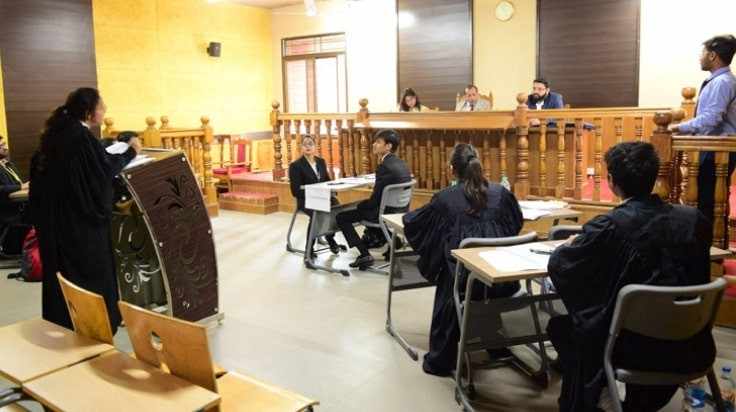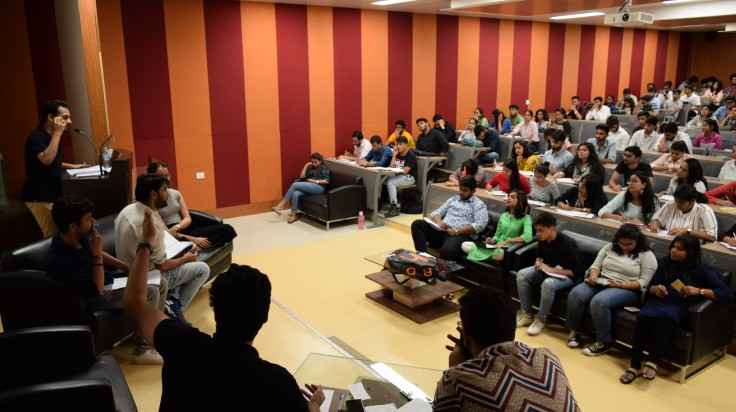The unique character of Indian model of secularism
- Dr. Sumit Kumar Pachauri
- Published 16/07/2020

Secularism in India is based on challenging the twin concepts of inter-religious and intra-religious domination
Identity politics based on religion started making its appearance in India during the colonial period. The colonial policies of divide and rule through introduction of first Indian Census in 1871, introduction of separate electorate in 1909, Communal Award of 1932, all led to the emergence of a conscious religious identity. Thus was felt the need for construction of secularism, for separation of religion and politics, with the arrival of colonial modernity. It is generally understood therefore, that secularism was constructed to oust religion and religious forces from the mainstream model of politics. The Indian Constitution discarded state religion or the principle of a single religion, although the term ‘secularism’ was a later addition.
Western vs Indian Model of Secularism
There exists considerable difference between secularism of the West and the Indian model of secularism. In the West, it emerged out of the historical processes of Enlightenment and Reformation Movement to resolve intra-religion disputes. In India, no such reform movement occurred and secular construction of India was based upon the model of eliminating identity politics based on a particular religion and to promote the idea of composite culture. Secularism construction in India implies mutual respect for all religions, i.e., Sarvadharma Sam Bhava and no discrimination on basis of religion, i.e., Dharma Nirpekshita or religious neutrality. Considering theoretical perspectives on secularism, sociologists such as Ashis Nandy and T.N. Madan argue that it is a western construct, far removed from the practical realities of India.
Relevance of the Indian Model of Secularism
Rajeev Bhargava, a noted political theorist, holds a different notion in relation to conceptualization of secularism. He defends the concept of Indian secularism by advocating the theory of principled distancing. He argues that Indian secularism is different as it has not emerged like the western conception of intra-religious crisis; rather, it has evolved in the context of inter-religious crisis. Indian secularism does not imply complete exclusion of religion and politics nor one-sided exclusion as in France. Bhargava further says, the relation between religion and politics require neither fusion nor disengagement, but what can be called ‘principled distance’ (Bhargava,1998:493). This implies that state can be both interventionist and non-interventionist – state can maintain religious neutrality and can counter evils of religion by invoking the legislation.
Arguably, that need for secularism in India was not only felt to manage inter-religion disputes, but it was also formulated to counter intra-religious domination. It neither follows complete wall separation thesis by provoking complete exclusion nor one-sided exclusion, but is based on principled distancing.
Dr. Sumit Kumar Pachauri
The writer is Dr. Sumit Kumar Pachauri, Assistant Professor, UPES School of Law
UPES Admission Enquiry
Subscribe to UPES Blogs
Join our community for exclusive stories, insights, and updates
By clicking the "Subscribe" button, I agree and accept the privacy policy of UPES.



























